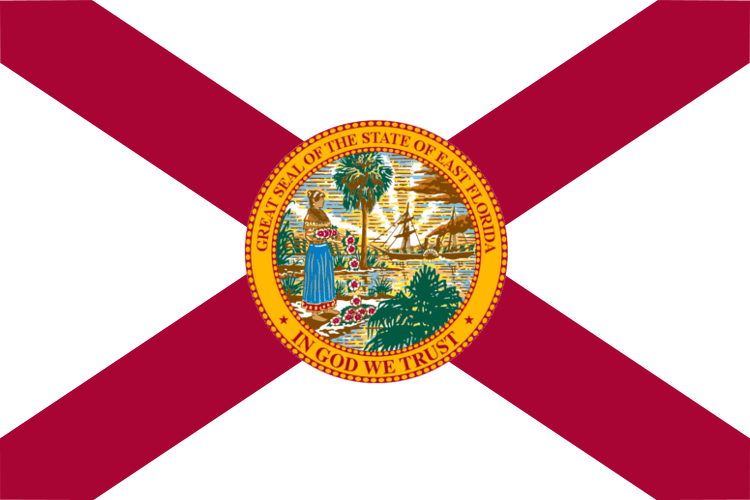In Florida, the Wrongful Death Act controls who can claim damages, and what type of damages may be recovered, when a death is the result of medical malpractice.
Under this act, the following conditions apply to make a claim:
- Living spouse of the decedent may claim compensation for loss of companionship, pain and suffering.
- Living spouse may claim loss of personal services (such as household work) and loss of income if the decedent was employed at time of death.
- Any living blood relative that was partially or wholly dependent on the decedent for support. This includes children natural born or adopted, siblings that required the financial support of the decadent, grandparents, parents, or grandchildren.
- Children under the age of 25 may claim damages for pain and suffering due to the loss of their parent.
- A claim may be made for the “Lost Net Accumulations of the Estate.” This claim can be made if the estate can prove that the decedent would have continued to earn wages and accumulated more assets over time.
- Medical bills paid by the estate that are in relation to the event that caused the death.
- Funeral expenses can be claimed if the estate itself paid for the burial and not an insurance policy.
These seem like very basic rules that cover everyone, but they do not.
For example, a 60-year old widow dies as a result of medical malpractice, her youngest child is 35-years old, and her husband passed away the year before. Under these guidelines, her family may only be able to recover medical bills paid from the estate and funeral expenses. In addition, if the medical bills were paid by Medicaid or Medicare, the insurance plan would receive the compensation.
Before you decide not to file a wrongful death claim against a medical practitioner, have your case reviewed by an attorney. Even if your claim does not fall within the above guidelines, an attorney can guide you in the right legal direction.
State:
Florida

